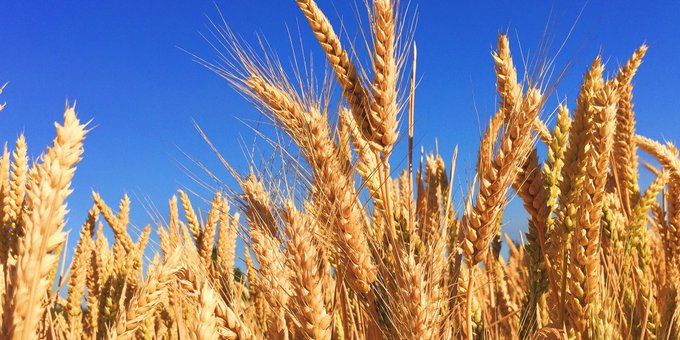- Advertisement -
ISLAMABAD, Nov 10 (APP):Wheat sowing has gained strong momentum across Punjab, with more than 3 million acres already cultivated as the province aims to achieve its ambitious target of 16.5 million acres for the 2025–26 season.
Dr. Anjum Ali Buttar, consultant at the Punjab Agriculture Department and former director general of the department, told Wealth Pakistan that the ongoing sowing campaign is progressing well, particularly in the Barani (rain-fed) regions of Rawalpindi and Dera Ghazi Khan divisions.
“The conditions in the Barani areas are very conducive this year due to sufficient soil moisture following the September floods,” Dr. Buttar said. “Hopefully, wheat will be cultivated over 95 percent of the target area by November 30.”
According to the Agriculture Department, the optimal window for wheat sowing in Punjab will close by the end of November. Farmers have been advised to complete sowing before the deadline to ensure maximum yield.
The department has recommended several high-yield varieties for this season, including Akbar-2019, Dilkash-2020, Fakhar-e-Bhakkar, Aruj-2022, Nishan, Pakistan-2013, Faisalabad-2008, MH-2021, MA-2021, Subhani-2020, and Wafaq-2023.
Dr. Buttar said there is no shortage of agricultural inputs in the province, with around 100,000 bags of certified wheat seed available through the Punjab Seed Corporation and private sector companies. He added that under the post-flood relief package, the provincial government is extending all possible support to farmers, including the provision of interest-free loans for Rabi (winter) crops.
Weather experts have also expressed optimism about this year’s wheat crop, noting that the recent floods have improved soil fertility in many areas. Muhammad Riaz, former director general of the Pakistan Meteorological Department, told Wealth Pakistan that the floodwaters deposited nutrient-rich alluvial material in agricultural lands. “The floods helped the soil retain moisture and enhanced its organic content, making it more productive,” he said. “However, in areas where floodwaters remained stagnant for long periods, sand deposits have caused some damage to the soil’s physical structure.”
Riaz added that overall, improved soil conditions and favorable weather are expected to support good wheat yields this year. He recalled that similar post-flood conditions in 2022 had also led to a bumper wheat harvest across the province.
With improved weather, better soil conditions, and adequate input supplies, Punjab’s agriculture authorities expect the province to achieve its wheat sowing target by the end of November, setting the stage for a potentially strong harvest in the upcoming Rabi season.

